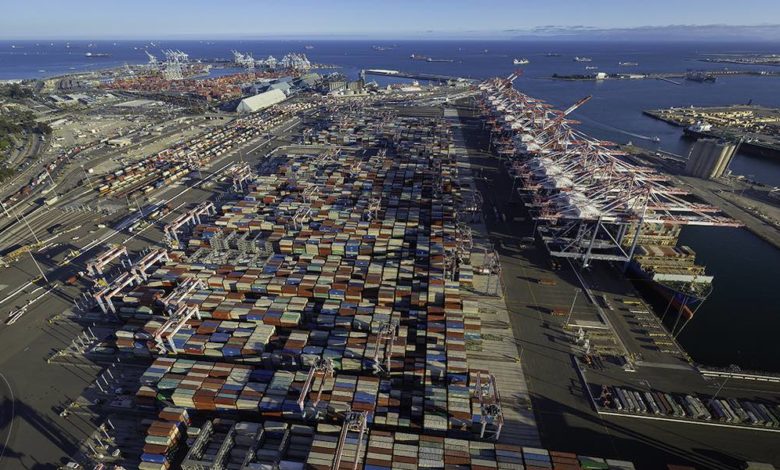World Shipping Council pushes back at American bill seeking to end vessel sharing arrangements

The World Shipping Council has issued a statement defending the use of vessel sharing arrangements (VSAs), which a new US bill seeks to end. The liner lobby group believes the lawmakers who introduced the bill misunderstand what VSAs are.
“Nobody has offered a reason why we should throw away such a useful tool as vessel sharing arrangements,” said John Butler, president and CEO of the WSC. “I think some of the rhetoric comes from a misunderstanding about how VSAs help the supply chain work better. We look forward to working with the bill’s sponsors to better understand their policy objectives.”
In its statement, the WSC described VSAs as “purely operational agreements that enable carriers to share space on one another’s ships.” Their use enables carriers to “ensure that vessels sail as full as possible, minimising the cost of transport.”
The organisation noted that each member of a VSA determines its own commercial terms, including prices.
“Therefore, carriers within a VSA compete with each other, and with other carriers outside of that VSA, when selling their services to customers.”
The WSC also pointed out that the US Federal Maritime Commission stated in its Fact Funding 29 Report in May 2022 that “the individual ocean carriers within each alliance continue to compete on pricing and marketing independently and vigorously.”

Here we go again, politicos that do not understand how International Trade functions, let alone sharing vessel cargo space.
May they wake up to realize sharing vessel cargo space is a valuable method despite it being on a different vessel carrier than the original bill of lading when booked.